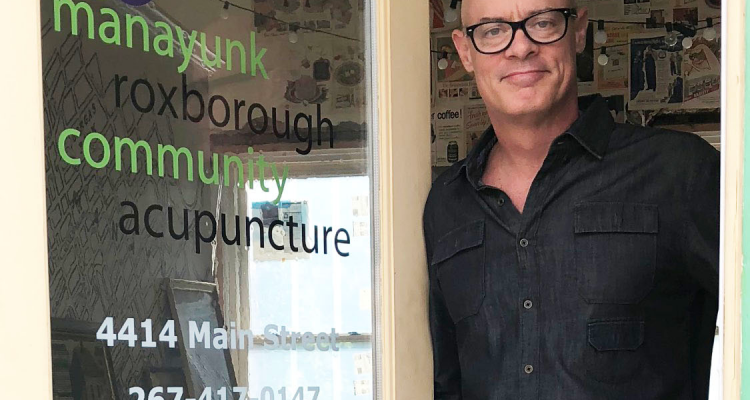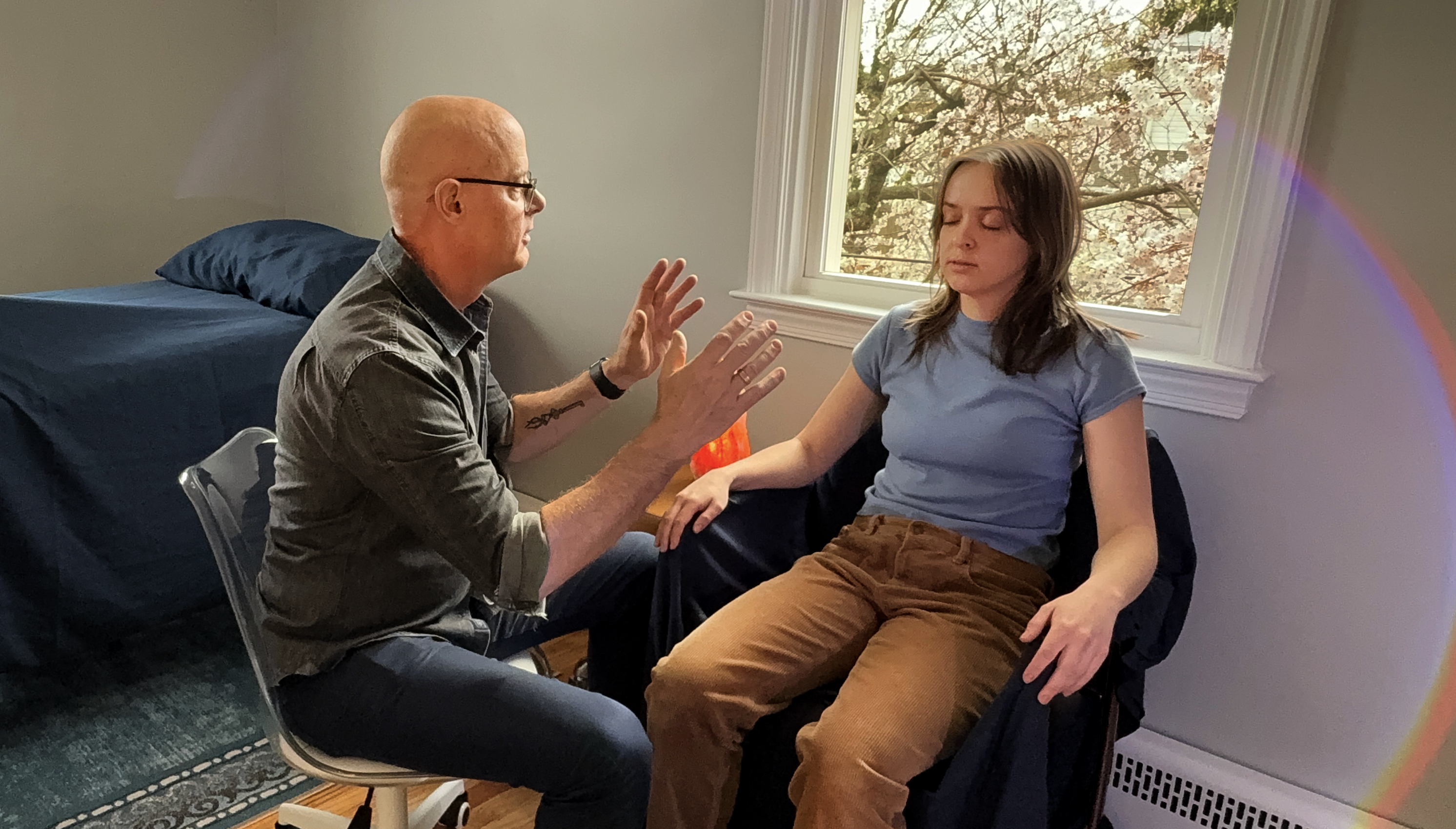About Dave

Dave is a Certified Hypnotherapist and NLP Practitioner dedicated to empowering people to achieve the life they desire. As a graduate of the Mind Valley/Paul McKenna Certified Hypnotherapy Program and an accredited member of the International Alliance of Professional Complementary Practitioners, he is uniquely qualified to help his client’s overcome obstacles, break through limiting beliefs, and create positive changes in their lives.
Dave has a particular focus on helping people break addictions and hypnotherapy is excellent for that work.
What is Hypnotherapy?

Hypnosis and hypnotherapy is an effective tool for positively influencing human behavior. Unlike any other approaches, it provides access to the subconscious mind, where beliefs and habits reside. Because of this, it can uniquely reprogram negative patterns, instill positive suggestions, and create lasting behavior changes. This empowers individuals to achieve their desired outcomes.
Hypnosis is the loss of the multiplicity of foci. In otherwards, it’s a deep state of relaxation where you forget about everything else except the experience you are having in that deep state … READ MORE BELOW
Free Consultation

Hypnotherapy appointments are personalized one-on-one sessions, which can be 60, 90, or 120 minutes long and can take place either on Zoom or in person.
Our consults are about 15-30 mins long.
Schedule a consultation here and select: “Free Consultation for Hypnotherapy”
Whether we realize it or not, we are in a state of trance all the time. Have you ever arrived somewhere in your car and realized you’re not sure how you got there? Or, ever gotten lost in a Netflix binge and lost track of time? Or became fixated on a sport or task and found yourself in a state of timelessness, forgetting about everything else?
A Brief History of Hypnosis
The history of hypnosis is as old as human consciousness itself. Trance-like states have been part of healing and spiritual traditions across cultures—from ancient Egyptian sleep temples and Greek oracles to the rhythmic chants and rituals of shamans worldwide. However, the modern history of hypnosis begins in the 18th century with Franz Anton Mesmer, an Austrian physician who proposed that a mysterious force called “animal magnetism” could influence health. Though his theories were discredited, the mesmerizing effects he produced in patients laid the groundwork for what we now understand as hypnotic trance.
In the 19th century, Scottish surgeon James Braid coined the term “hypnotism” and re-framed it as a psychological, rather than magnetic, phenomenon. He demonstrated that focused attention and suggestion could induce a powerful altered state of consciousness—useful for pain control and behavioral change.
Later, French neurologist Jean-Martin Charcot and psychologist Pierre Janet furthered hypnosis’s credibility, especially in the study of hysteria and the subconscious. Their work influenced Sigmund Freud, who initially used hypnosis before developing psychoanalysis.
In the 20th century, American psychiatrist Milton Erickson revolutionized hypnosis. Rather than relying on direct commands, Erickson used metaphor, storytelling, and permissive language to bypass resistance and evoke deep inner change. His work laid the foundation for modern clinical hypnosis and influenced fields from psychotherapy to NLP (Neuro-Linguistic Programming).
Today, hypnosis is recognized as a legitimate therapeutic tool supported by decades of research. It is widely used for pain relief, anxiety reduction, habit change, trauma resolution, and personal transformation. What began as mysticism has evolved into a powerful modality at the intersection of science, mind, and healing.

